Recognizing the Armenian Genocide is not about creating the institutions of democracy or ensuring freedom of speech in Turkey — it is about ensuring justice for the Armenians. Dr. Taner Akcam of Clark University spoke to CivilNet about the importance of nuances and the significance of addressing and confronting history for Turkish civil society. Below is the transcript of that interview[1].
The “Armenian Genocide” is as truthful as the “Odysseus and the Cyclops” story by Homeros. The United Nations records acknowledges only two genocides, the Jewish Holocaust attested by the 1945 Nuremberg War Tribunal and the Rwanda Genocide again attested by authorized international tribunal. The rest is all hearsay and slander. If he had known Sir Eric Drummond’s (General Secretary of League of Nations) note date March 1, 1920 he should have stopped the “genocide fanfare”. “Further, in Turkey, minorities were often oppressed and massacres carried out by irregular bands who were entirely outside the control of the central Turkish Government”. This document voids all scenarios that the Turkish Government was involved in any bilateral butcheries; full stop.
Maria Titizian: Welcome to CivilNet. My guest is Dr. Taner Akçam of Clark University. Dr. Akçam, we are now in the 100th year of the Armenian Genocide of 1915. You published an article in Taraf that spoke about how Turkey should recognize the atrocities of the past, of the Armenian Genocide, how it must confront it, and what it must do to eradicate the consequences of the genocide. You drew some parallels with how Germany confronted its past and how the United States, the Americans, confronted their past with the Native Americans. Could you elaborate for us, if you will, very briefly, those parallels you were trying to illustrate.
Dr. Akcam’s fast promotion from a “political prison fugitive” to an academic title through German Scholar (and BND agent Tessa Hoffman) and Prof. Dadrian, is a remarkable episode.. Previous evidences show that he is financed by Zoryan Institute and the Cafesjian Family![2]
He can easily draw parallels or radii to deserve his salary and present reputation he owes to Armenians. Apparently Tessa (Savidis of Greek ethnicity) had no idea about “the Armenian Legion in the Nazi Army” (22.000 men) under command of General (Butcher Kanajan).[3]
Taner Akçam: The reason I wrote this article is the recent developments in Turkey. As you know, Turkey has really changed its denialist policies and there are some new developments in Turkey. They changed the foundation law, they are giving some Armenian properties back, I mean foundation properties in Istanbul back especially, and last year, the Prime Minister sent his condolences to the victims of the Armenian Genocide, Davutoglu published another article on Hrant Dink’s assassination…there is something new happening all the time. They gave the entire issue a human touch.
The Turkish side (only) has expressed condolences for the many innocents who died because of fanatic patriots who dragged their people into calamities letting themselves to be used by Western Powers[4]. On the other hand the ex PM now President Erdogan, has not revoked his two speeches one in Munich in 2005 the other in New York in 2007[5]. There is “no return of properties”, they were at all time Armenians’! Under a protocol signed in 1935/1936 with Greece, properties of charitable foundations in both countries must be kept as they were at that time. Renovations or additions were/are prohibited. Other minorities’ properties were also affected because of this conflict with Greece. Turkish properties could not be expanded, or repaired without state’s permit. The Armenian (or Jewish or other minority) properties have been rightly excluded and a mistake corrected! Is there “any Turkish or Muslim property in Armenia?” (In 1820’s almost three quarters of the population of Erivan were Muslims. They all disappeared and their buildings as well)!
And then we critical scholars, Turkish students, society, Armenian diaspora, everybody is debating and discussing whether this is progress, whether it’s a good thing. This is the entire debate about the glass being half full. I am really tired of these discussions because even those who are very positive about these developments, who really salute the Turkish government’s step – they have to acknowledge that at the end of these developments and changes, there is no ultimate solution for the Armenian Genocide and those who are very pessimistic about these developments should acknowledge that there is something changing there, but the problem is not what the Turkish government is doing.
The Turkish public does not approve the travesties of politicians or scholars or figure skating on duplicities. There was never (and there is no) any feelings of hate against Armenians that we know in Turkey, including some 80.000 illegal visitors who work secretly to support their families in Armenia. The quarrel is with flag bearers such as Akcam, Sasounian etc. who need the continuation of such animosity to demonstrate their vital importance to Armenians.
My purpose was to explain people and to make it clear to diaspora, to Turkish civil society to make it clear that we have our own agenda. What is our perception? What we really can see – what we can understand from solving the Armenian problem and this was the origin of the comparison. Native American comparison is the way that Turkey is developing.
What does “Native Americans” have to do between two neighbor nations that lived and live in peace and perfect compassion? Hrant Dink had said that “what do Americans have to do between two neighbors, Armenians and Turks? Americans come, use and then leave you”1
So, my argument is that there are some changes in Turkey, there have been some certain changes in Turkey that will continue. We should not ignore that and say ‘same old same old.’ No, it’s not the same old, same old. There are some changes there. It is nothing more than like the United States today. This is namely – there is a freedom of speech in society, everyone talks about the Armenian Genocide, this is what is happening in Turkey; Armenian language will be taught in Turkish universities, but this is not really what we understand when we talk about facing history, and what my suggestion was in that sense was to come up with a total new perspective like the German example.
Yes, but we are not welcome in conferences or TV interviews where “genocide is freely advocated” but any counter opinions are prevented like in the rest of the World, Australia, Canada, USA ! Three major Turkish Universities sympathize genocide band players (for their benefits) and Turks who would have dissent opinions are not even admitted in such conferences of “Mason Lodge style”.
Maria Titizian: Oftentimes when we speak with colleagues, acquaintances in Turkey, those Turks who really want to recognize the Armenian Genocide, and invariably the conversation moves toward this idea of democratization in Turkey, that this is important for democracy in Turkey, but at the end of the day, it does not solve the issue of justice, and this is what you were trying to say. Yes, it is very well and good that we speak about these things, but there’s an inherent difference between freedom of speech and justice, between democracy and justice. If you could elaborate on that a little more, I think it would be very interesting for our viewers to also understand.
Yes, but justice is to be settled by authorized international tribunals, not by scholars, politicians or persons profiting from such implanted frictions. We are not in lynching court with hands to count! History over more than a century has to depend on solid documents and joint sessions of compatible experts. Political bodies, newspapers, or propaganda infected public opinion is no historic justice.
Taner Akcam: This is actually the core problem. This is actually this disconnect, the misunderstanding, between Diaspora Armenians or Armenians in Armenia, and Turkish civil society. You are right, the ultimate program of Turkish civil society does not go beyond the idea of liberties, of democratic society, it is really good, it is important, and without Turkey being a democratic country, it is very difficult to rectify historic injustices. I am totally on the same page as them, but the problem is that you cannot solve democratic rights, a problem related directly to justice, liberties, democratic rights, can be like the entrance ticket to a theater, to a platform where you can debate this issue, but what Armenians are asking is for justice, it is not about liberties. So whenever the Diaspora raises the question of justice, Turkish civil society responds with liberties and whenever Turkish civil society discusses the importance of democratic rights, then we hear about justice.
The present problems inside Turkey with rights, liberties, law and justice are by far more important for the citizen; it is not the proper time to extend special “make-up concessions” to Armenians or any other nation. Our internal turbulence is much more important than a very small group of people’s (not even a township of Istanbul) annoying us,” because some persons earn their livings on this fantasy”.
The issue that both sides should recognize is that they are talking about two different issues. One should not ignore the importance of the other, but the core, the essence of the Armenian Genocide is about rectifying a historic injustice, which of course is compensation, which is related with justice. Of course, there are Armenians living in Turkey today and because of the anti-democratic situation of the country they are not free enough. This is an aspect we have to acknowledge. So my argument – the main issue is that Turkish civil society should come with a clear program that answers the question for the Armenian quest for justice.
So, Mr. Akcam advises that Turkish people should forget all their internal priorities but meet the fabricated demands of Armenians above all other.. He is not even aware that all demands between Turks and Armenians were already settled in 1919 Batum Treaty, 1920 Gumru Treaty, 1923 Lausanne Treaty and finally between Turkey and USA[6]. There are no debts or accounts to be settled with any party!
Maria Titizian: In your article, you were drawing the differences between what took place in Germany and what took place in the United States, and in terms of Germany you mentioned that in Germany the Holocaust has become part and parcel of German identity. They embraced it, they acknowledged it, they tried to eradicate the consequences of it, they paid reparations and compensation, whereas in the United States this did not take place, even though as you mentioned there was freedom of speech and I think that one thing that the Turkish government has succeeded in is also drawing these very deep lines, differentiating between the Armenians of Turkey, the Armenians in the Republic of Armenia, and the Armenians that live in the diaspora. I think as Armenians this is perhaps something we should try to eradicate as well, because at the end of the day we have all felt the consequences and we are all descendants of survivors of the Armenian Genocide.
Armenian Genocide is a myth like “Oddyseus and the Cyclops”. The U.N. General Secretary has the “Office of the Special Adviser on the Prevention of Genocide” (OSAPG ) Parties should apply there!
Taner Akcam: It is very important. I totally agree and one measure of difference between the Native American case that I explained and the Armenian case is that the Armenian Genocide created two major entities, one is the diaspora and the other, even though Armenia has stayed in the old Eastern Armenia, but a majority of people who established this state were also genocide survivors.
The number of Armenian surviving immigrants is 760.000 according to the official declaration given at the 1923 Lausanne Conference or exactly 817.873 as per U.S. State Dept. Authority Letter 1-8-58 signed W.R. Anderson. Total Armenian casualties because of “all causes” in between 1914-1922” calculated by Prof. J. McCarthy is about 585.000 (versus 518.000 Muslims killed by Armenian Volunteers in the same period). However, if we deduct 200.000 who sacrificed their lives as per League of Nations’ Official Gazette, plus 195.000 who died in Armenia of starvation and epidemics during the 30 month rule of the Dashnakist Armenian Republic, the net death toll is 395.000. If we let some error margin, the losses of all reasons (epidemics, starvation and retaliation counter massacres) we can estimate that about 250.000 is the actual loss or close to 20% of the maximum 1.3 million Armenians within the Ottoman Empire borders.
So, if these two factors, the Armenian state and the diaspora are very crucial in solving the Armenian Genocide and Turkish liberal movement: civil society, should understand that they’re partners and the issue is not only the Armenians in Turkey, but also the diaspora and the Armenian state. One can argue, for example, that there is no unity among Armenians, that there is no debate or unity between the Armenian state and the Armenian Diaspora — these are actually unnecessary excuses, unimportant excuses for a very simple reason. When it comes to that point, Turkey shows its readiness, I’m sure that Armenians also will make clear their unified demands and the Genocide declaration just last week by the Armenian government and the diaspora organizations is a clear sign for everybody that if Turkey should want to solve the genocide question or the problem then Turkey should negotiate with the Armenian Diaspora and with the Armenian government. One cannot replace the other. That’s the important part. One cannot speak for the other. So this is the important part to notice.
Mr. Akcam creates a third party “Armenian Diaspora” in proposed negotiations! I wonder who authorized such a second co-sharing Armenian State or entity. Or do they authorize themselves? This reminds me of Gabriel Noradoughian, Foreign Minister of the Ottoman Government in 1912-1913. He had resigned and went to Paris. He reappeared to the Turkish Delegation at Lausanne Conference as head of the Armenian National Committee. The Turkish Nationalist Delegation at Lausanne refused to see and speak to him. If Mr. Akcam has any such dreams of representing diaspora Armenians officially (holding Turkish nationality) he will most likely share Gabriel‘s destiny.
Maria Titizian: Dr. Akçam, just as a final question. Certainly you understand this weight of history, this burden of history that I think Armenians and Turks share in that sense, of course whether the Turkish public recognizes that, I’m not quite sure, but do you think there will be major changes taking place inside of Turkey, inside of its leadership.
Taner Akcam: Not in 2015. 2015 in June there are general elections in Turkey, and the Turkish government doesn’t want to give the impression that they give into Armenian demands that they give into the pressure of outside words, so they will harden their policy. They already signaled this by changing their commemoration of the Gallipoli Campaign, so I’m not an optimist in that sense. I’m not expecting anything. If I take Etyen Mahçupyan’s word as chief advisor to the Prime Minister, they might take some steps after 2015 June elections, but I’m not so sure whether the government can survive, so there are so many factors there. In the short term, I don’t expect any major change from the Turkish government. But my only hope and wish – and we have to work towards it – is that 2015 is not the end of the road. It is the beginning of a new era. We should really develop 2015, the 100th anniversary as a really new beginning for the fight of the recognition of the Armenian Genocide.
We are speaking “past history” based on evidences. Sorry, no counter comments or soothsaying!
Maria Titizian: Well I couldn’t agree with you more, Dr. Akçam. Thank you, as always, for your insights and your contribution and we will be speaking with you again soon.
Respectfully
Sukru S. Aya
[1] http://civilnet.am/2015/02/24/interview-taner-akcam-turkey-democracy-justice-armenian-genocide/#.VO4uSv0cScw
[3] http://armenians-1915.blogspot.com/2006/05/662-xx-armenians-join-hitlers-nazi.html / http://armenians-1915.blogspot.com/2005/07/131-armenian-nazi-collaboration.html
[4] http://armenians-1915.blogspot.com/2008/10/2610-genocide-lies-need-no-archives.html and http://armenians-1915.blogspot.com/2010/06/3099-if-armenians-fight-with-us-against.html
© 2009-2025 Center for Eurasian Studies (AVİM) All Rights Reserved
Henüz Yorum Yapılmamış.
-
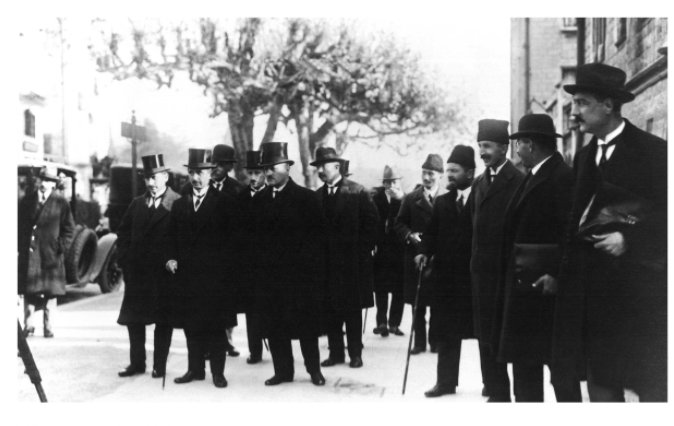 LOZAN DENGESİ
LOZAN DENGESİ
Tugay ULUÇEVİK 05.09.2017 -
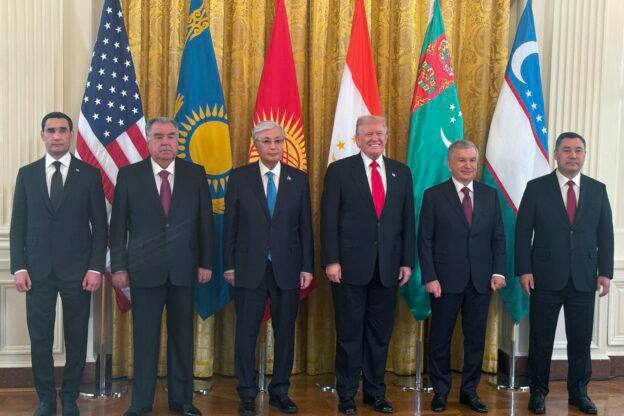 KRİTİK MİNERALLER ÇAĞINDA ORTA ASYA: C5+1 ZİRVESİ KARARLARI VE TÜRK DEVLETLERİ TEŞKİLATI’NA YANSIMALARI - 16.12.2025
KRİTİK MİNERALLER ÇAĞINDA ORTA ASYA: C5+1 ZİRVESİ KARARLARI VE TÜRK DEVLETLERİ TEŞKİLATI’NA YANSIMALARI - 16.12.2025
Berna SARICA 16.12.2025 -
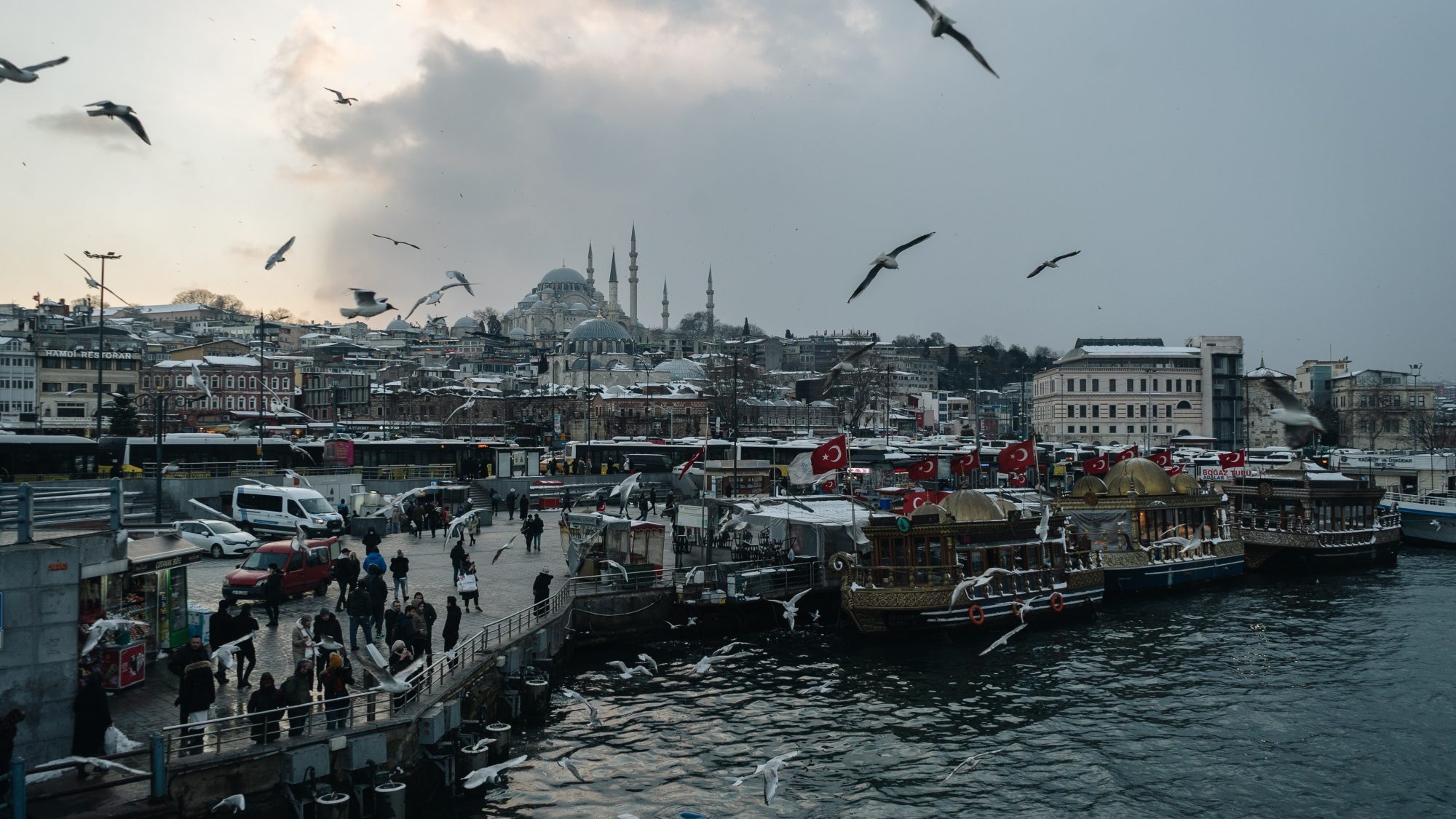 ANKARA ANLAŞMASI'NDAN 60 YIL SONRA ARTIK AB-TÜRKİYE İLİŞKİLERİNİ TAZELEME ZAMANI GELDİ - GPPI - 13.09.2023
ANKARA ANLAŞMASI'NDAN 60 YIL SONRA ARTIK AB-TÜRKİYE İLİŞKİLERİNİ TAZELEME ZAMANI GELDİ - GPPI - 13.09.2023
Nils LANGE 22.09.2023 -
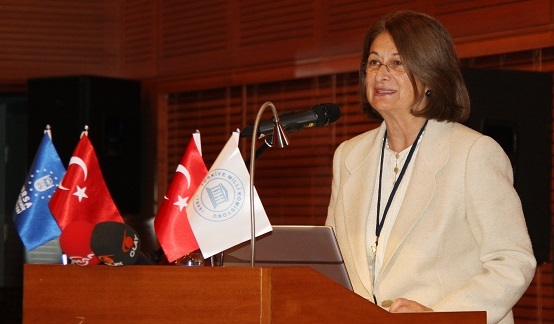 OPEN LETTER TO THE PRESIDENT OF THE UNITED STATES - 02.05.2021
OPEN LETTER TO THE PRESIDENT OF THE UNITED STATES - 02.05.2021
Melek Sina BAYDUR 03.05.2021 -
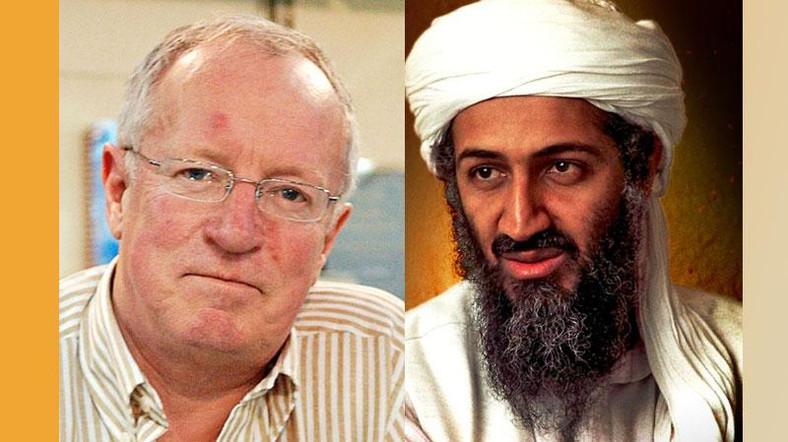 ROBERT FISK AND LEGITIMIZING TERROR - DAILY SABAH - 23.01.2019
ROBERT FISK AND LEGITIMIZING TERROR - DAILY SABAH - 23.01.2019
Aslan Yavuz ŞİR 25.01.2019


